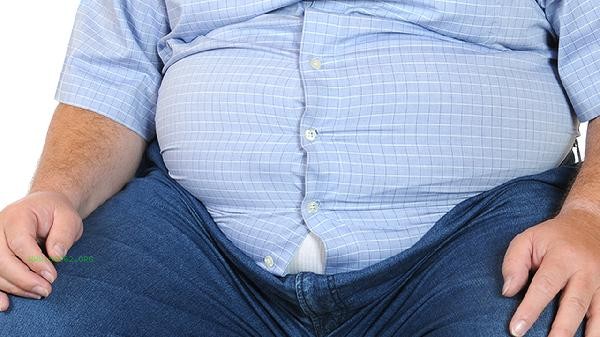People who are trying to lose weight should not eat fruits at night, mainly due to blood sugar fluctuations, calorie surplus, digestive burden, sleep quality, and metabolic patterns. Fructose in fruits may stimulate insulin secretion and is easily converted into fat storage when nighttime activity decreases.

1. Blood sugar fluctuations:
Fruits contain natural fructose, which can rapidly increase blood sugar levels when consumed at night. The human body's insulin sensitivity decreases during sleep, and sudden increases in blood sugar can lead to accelerated fat synthesis. Especially high sugar fruits such as lychee and mango, whose glycemic index exceeds 60, are more likely to cause fat accumulation.
2. Heat surplus:
The basal metabolic rate decreases by about 15% at night, and 200 grams of grapes have about 120 calories, which is equivalent to the energy consumption of jogging for 20 minutes. Although fruits are healthy foods, they lack exercise at night, and excess calories are directly converted into fat stored in the abdomen and internal organs.
3. Digestive burden:

gastrointestinal peristalsis slows down by 50% during sleep, and the fiber and fruit acid in fruits may cause bloating and acid reflux. The acidic substances in citrus fruits can stimulate the gastric mucosa, affect deep sleep cycles, and indirectly reduce leptin secretion levels.
4. Metabolic pattern:
Cortisol levels in the human body naturally decrease at night, and consuming sugar at this time can disrupt the biological clock. Research has found that those who eat fruits after 8 pm have a 37% lower activity of lipolytic enzymes compared to those who eat in the morning, making them more prone to forming stubborn fat.
5. Alternative:
You can choose low sugar, high fiber fruits and vegetables such as cucumbers and tomatoes, or complete fruit intake 2 hours before dinner. If you are hungry at night, it is recommended to drink 200ml of warm water or consume 10g of plain nuts, which can alleviate hunger without affecting the fat loss effect. During weight loss, it is recommended to limit daily fruit intake to 200-300 grams and prioritize supplementing after breakfast or exercise. Be careful to avoid processed forms such as fruit juice, as dietary fiber from whole fruits can delay sugar absorption. Combining resistance training to enhance basal metabolic rate can significantly improve nighttime glucose metabolism ability. Long term weight loss requires establishing a regular eating rhythm to avoid overeating tendencies caused by excessive restriction.





Comments (0)
Leave a Comment
No comments yet
Be the first to share your thoughts!